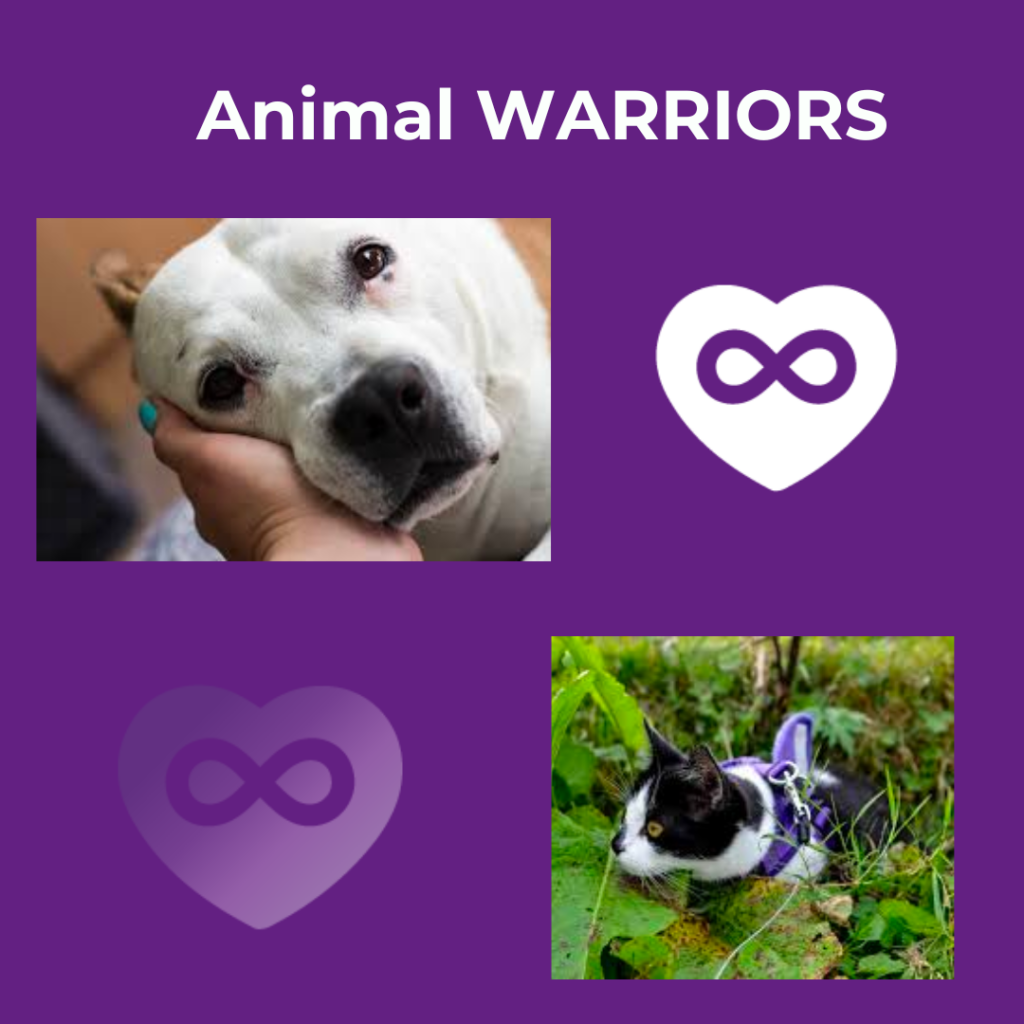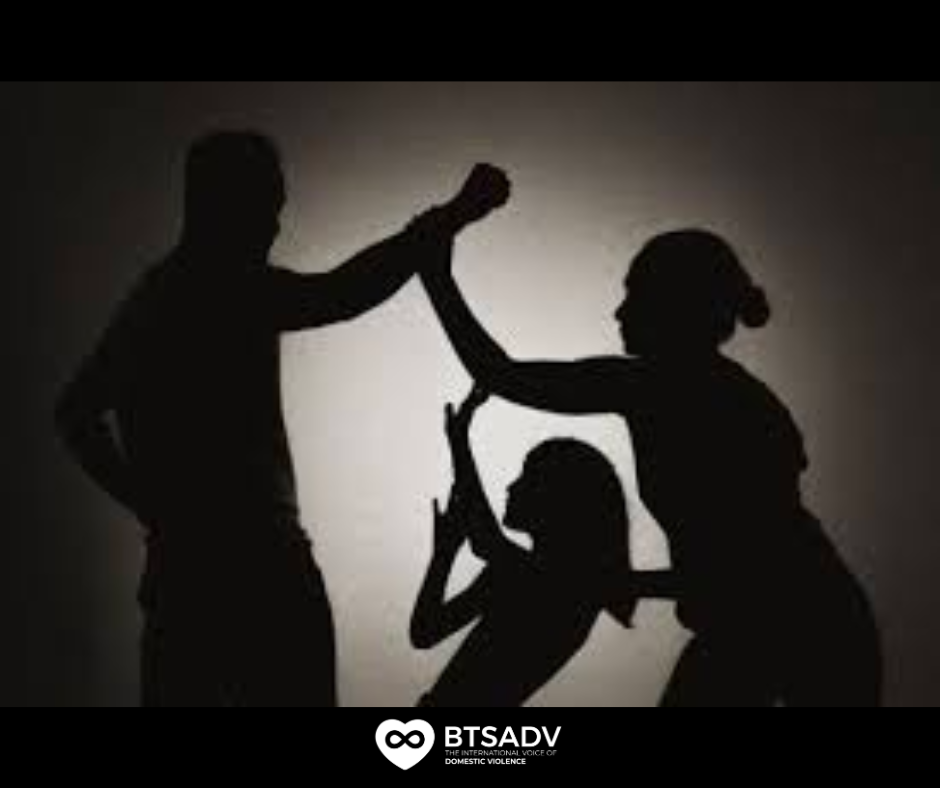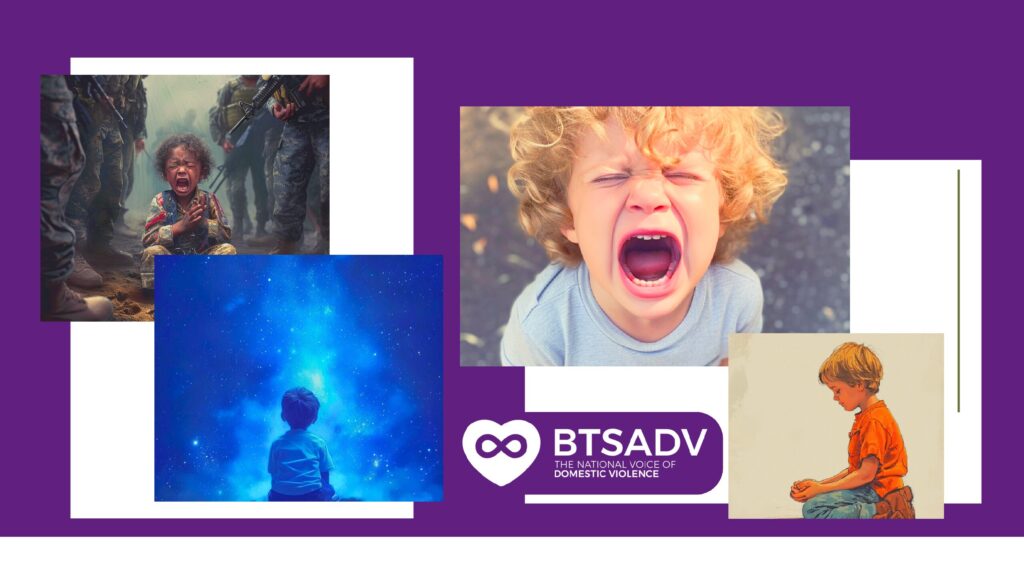The Forgotten: Animals are Survivors Too by Alexia Bien

I’ll be honest, my Sweetie Pie always had faith. She was the salt of the earth. My Bentley, well, every day washis first. They enjoyed the life before DV. My Great Gatsby was welcomed in during the height of theabuse, more so a gift for my stepson, because my abuser felt that would win him […]
Animal Warriors: By Jessica Christian

Animals can play a significant role in helping domestic violence survivors in numerous ways. Here are some ways animals can provide support and comfort: Emotional Support: Animals, particularly pets like dogs and cats, offer unconditional love and companionship. Their presence can help survivors feel less lonely and provide emotional support during challenging times. Reducing Stress […]
Nurturing Empowerment: Teaching Youth About Domestic Violence By Megan McCann

Our sons and daughters are at the forefront when it comes to helping stop domesticviolence. What we choose to tell them and teach them about could make all the difference for thefuture. It is important to be careful with how we teach the youth, while simultaneouslyempowering them.When beginning to teach about domestic violence, it may […]
The Myth of the Healing Timeline By Iris Pendleton

A few words on healing. Even though I am in a healthy marriage, I am sometimes triggered by my past. I sometimes shudder and shake when disturbing memories of the past abuse creep into my mind. My breath becomes shallow, and I may shake. I have to close my eyes and remember that I’m safe. […]
How to Guides: Children Witnessing Abuse and How to Speak Out by Gurpreet

“The greater a child’s terror, and the earlier it is experienced, the harder it becomes todevelop a strong and healthy sense of self.”― Nathaniel BrandenPeople tend to believe that children don’t observe anything. However, they are the bestjudge of their surroundings. Children have this sixth sense of feeling, observing, and sensingthings that prove to be […]
Providing Sanctuary for Survivors of Domestic Violence and Their Pets by Iris P

23-year-old Sara is considering leaving the abusive relationship, but the thought of possibly having toleave her dog Waggy behind fills her with anxiety, fear, and dread. She knows that many shelterswon’t accept pets, and the idea of leaving Waggy alone with the abuser’s anger terrifies her. Sarasilently vows to herself that she will find a […]








